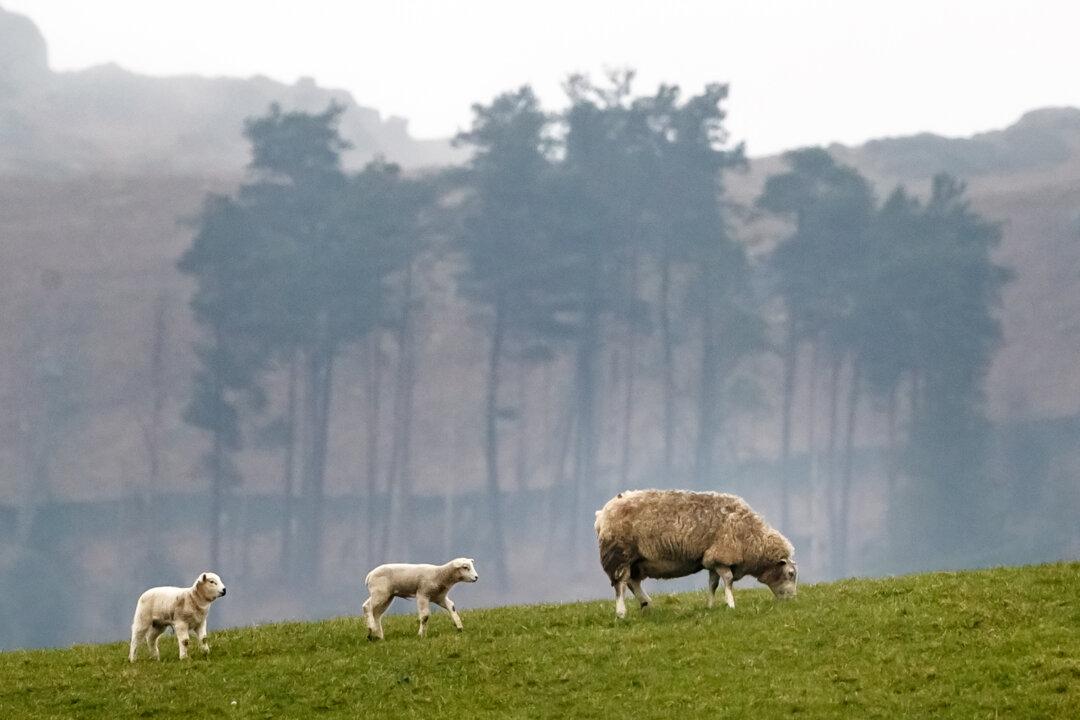With environmentalism increasingly driving the agricultural land market in the UK, some farmers fear that a push that takes away land from production could cause major food security issues.
Rewilding is experiencing a rise in attention from affluent investors who are eager to showcase their ecological commitments.





